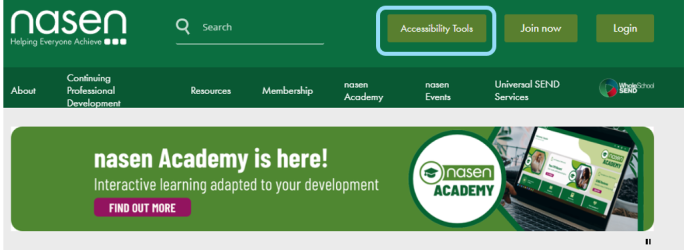
Young People’s experience of Alienation within the school system
A new report highlights and discusses the educational experiences of young people across England. The report from the Edge Foundation, funded by the Economic and Social Research Council and drawing on data from an ESRC-funded study, “Young Lives, Young Futures”, was commissioned in light of the reforms across education that changed the accountability measures and reformed the GCSE grading system.
Key findings from the report include the following:
- For nearly 1 in 2 young people aged 15-16, secondary school is not an enjoyable or meaningful experience, but is rather something they feel they need to ‘get through’ because of its bearing on their futures.
- Many secondary schools have adopted teaching methods that many young people experience as alienating and stressful, particularly those with creative and practical interests and those who have special educational needs and disabilities (SEND).
- Many young people feel unsupported by their teachers at school. This is most common among young people with SEND or from backgrounds of socioeconomic disadvantage. These are groups of young people who often require more support at school. Yet pressure on teachers to get students through exams, in a context of cuts to school budgets, is limiting the pastoral and additional educational support these young people can access.
- Young people from low-income and minority ethnic backgrounds, those who identify as LGBT and/or nonbinary, young people with SEND and those who report lower levels of mental health and wellbeing are less likely to feel noticed or listened to by their teachers and are less likely to feel that their schools respect and value diversity.
- Young people who had left mainstream school for alternative education provision or vocational education and training were mostly thriving in these different educational settings, often for the first time. In these settings, young people described having more meaningful and supportive relationships with teachers and a feeling of greater autonomy and choice over what and how they learned.
The report suggests that for those whose interests, aptitudes and aspirations do not align with traditional academic subjects and trajectories, the narrowing of the curriculum and greater emphasis placed on exam performance poses worrying questions about the inclusivity and accessibility of contemporary schooling. In addition, the report points to the prevalence of wider school cultures that are experienced as discriminatory, unsupportive and alienating for many young people, particularly those from low-income and minority backgrounds, those who identify as lesbian, gay, bisexual, trans and/or non-binary and young people with SEND. These cultures are not exclusively the product of the new school curriculum, assessment and accountability climate, but we know from previous research that the accountability pressures teachers are under, coupled with resource constraints, shift priorities away from and severely limit opportunities for schools to develop and implement policies that would make them more inclusive, welcoming spaces for the diverse student populations they serve.










